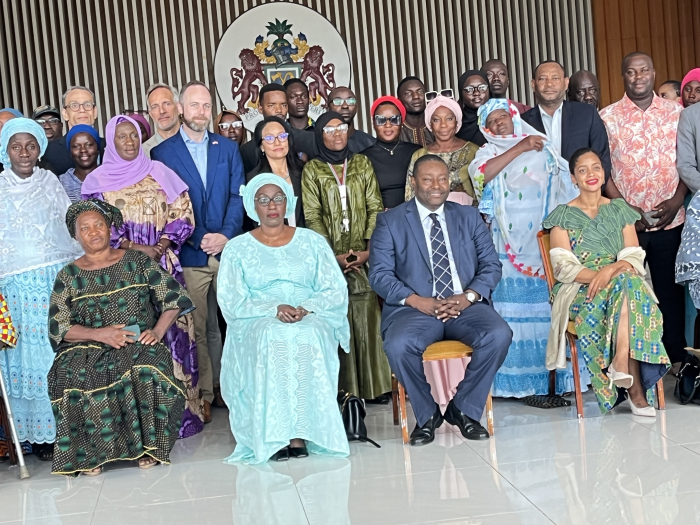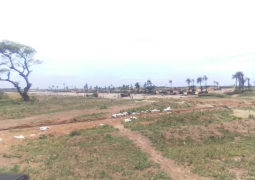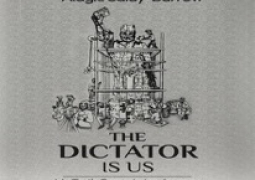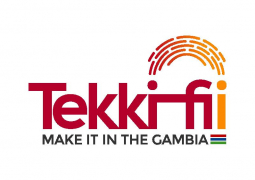
Led by the National Human Rights Commission (NHRC), the event marked a significant juncture in The Gambia’s transitional justice process, reviewing progress made from 26 May 2024 to 25 May 2025. Organised in collaboration with key partners, the validation forum aimed to broaden participatory oversight of the government’s commitment to implementing the TRRC’s recommendations.
The process is designed to ensure the draft report reflects not only NHRC’s technical observations, but also input from diverse actors spanning sectors. Once finalised, the report will be submitted to the National Assembly later this month.
NHRC Chairperson Emmanuel D. Joof, in his opening address, underscored the value of collective accountability in advancing national healing and justice.
“Your presence here is a testament to your commitment to transitional justice, human rights, and the national resolve that violations of the past must never be repeated,” he stated.
He reminded attendees that the NHRC was officially mandated via the 2022 Government White Paper to monitor and report annually on the implementation of accepted TRRC recommendations. He emphasised that the draft report is a collaborative product, shaped by technical analysis, government support, and development partner contributions.
“This isn’t just the NHRC’s report,” Joof noted. “It must reflect the realities on the ground. That’s why we requested input from ministries and agencies, and why this forum exists to correct, verify, and enhance the report.”
Deputy Permanent Secretary at the Ministry of Finance and Economic Affairs, Juldeh Ceesay, reaffirmed the government's commitment to the TRRC process.
“Since the adoption of the White Paper and its implementation plan (2023–2027), the government has made efforts to provide the necessary financial resources. We remain committed to partnering with development actors to ensure the successful execution of the recommendations,” she said.
Speaking on behalf of the Ministry of Justice, Ida Persson, Special Adviser to the Attorney General and Head of the Post-TRRC Secretariat, outlined the complexity of overseeing over 190 TRRC recommendations involving multiple institutions.
“This report is no small feat,” she explained. “Significant progress has been made, including the establishment of a Special Accountability Mechanism and passage of key legislation.”
She highlighted the creation of a Special Prosecutor’s Office and ECOWAS endorsement of a special tribunal for The Gambia as notable achievements, describing them as international benchmarks for transitional justice. Nevertheless, Persson acknowledged ongoing challenges around reparations and victim welfare.
“We must act faster in these areas. Shifts in global development financing are impacting delivery timelines, and our response must be proactive,” she urged.
Hon. Fatoumatta Njai, member of the National Assembly’s Standing Committee on Human Rights and Constitutional Matters, called the forum a vital opportunity not only to measure progress, but also to confront the unfinished work ahead.
“The TRRC was mandated to investigate and establish the truth about gross human rights violations from July 1994 to January 2017. All but two of the 265 recommendations were accepted in full or part. The NHRC was designated to track and report progress, and the National Assembly has a constitutional duty to ensure accountability,” she stated.
She commended the NHRC’s efforts and paid tribute to victims of state-sanctioned abuses, recalling her father’s death in the struggle for democracy.
“This report is a product of tireless effort, consultations, and data-driven reviews. It reflects where we are, the challenges, and what remains. But above all, it honours the courage of survivors who continue to demand justice,” Njai concluded.





